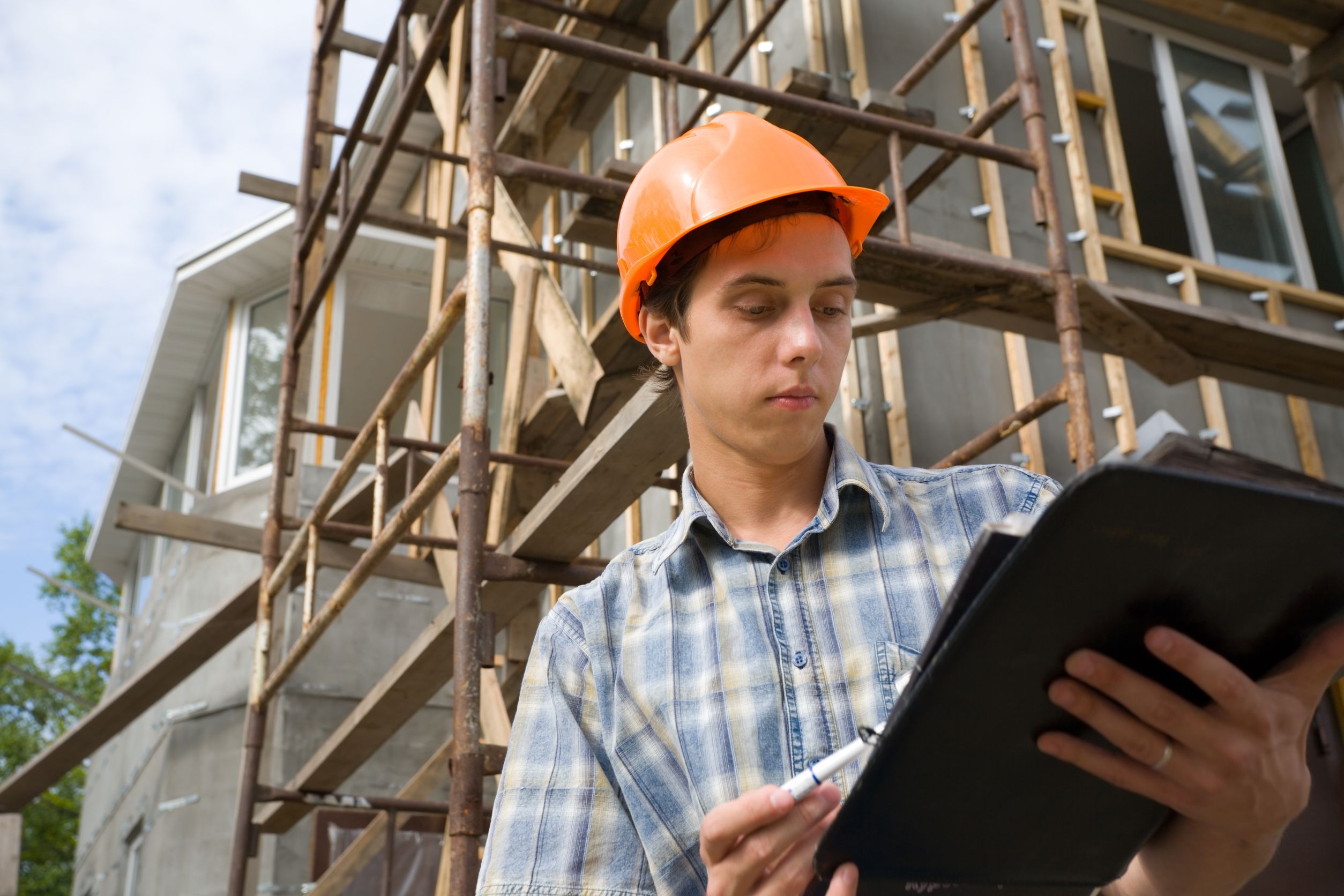When problems occur in your septic systems in Bonney Lake, WA and your tank is malfunctioning, there are various ways you can troubleshoot it before calling in the experts to fix it. If the problem is still small, or one that you can handle, chances are that you will save money by making repairs yourself. It is usually expensive to fix septic systems in Bonney Lake, WA. This is unfortunately due to the fact that a lot of damage can occur before you are aware there is a problem. That’s one reason why it is important to have your system inspected regularly.
Some homeowners discover during the winter and spring months when it rains more than usual in the state of Washington that their drain field is becoming a marsh. Effluent water from their tank is rising up to meet rain water, and the lawn itself can begin to overflow and produce a less than pleasing bouquet of badly associated smells. Since the cause of the overflowing is obvious, the solution should be as well. That is, during rainy months take off some of the pressure on your septic systems. Bonney Lake, WA gets its fair share of rainfall, so this may mean, more or less, a lifestyle change that complements less unnecessary water usage.
You may also find yourself with an overflowing system if you have a small tank and you have a family reunion. Lots of visitors to your house in a short period of time means a sudden increase in water usage. If a whole lot of water suddenly boosts your septic systems activity, you may find the effluent water soaking your drain field more than usual. This is usually not an emergency level activity. You may want to pump and empty your tank during the rainy season to extricate effluent water, scum and sludge all at once in order to keep flooding from happening as well.
Another option is to improve the way water drains off in your leach field. There are ways of using landscaping to divert water away from your house and keep pools from collecting during the rainy months, or when you hold the annual Tea Drinkers of America convention at your house. Proper diversion for drainage can help keep waste water from surfacing and collecting in your back yard. Also, make sure to have your pipes inspected on a regular basis, perhaps every two years or so. Clogging can back up toilets inside the house, which is an emergency situation that could cost thousands of dollars to repair.

